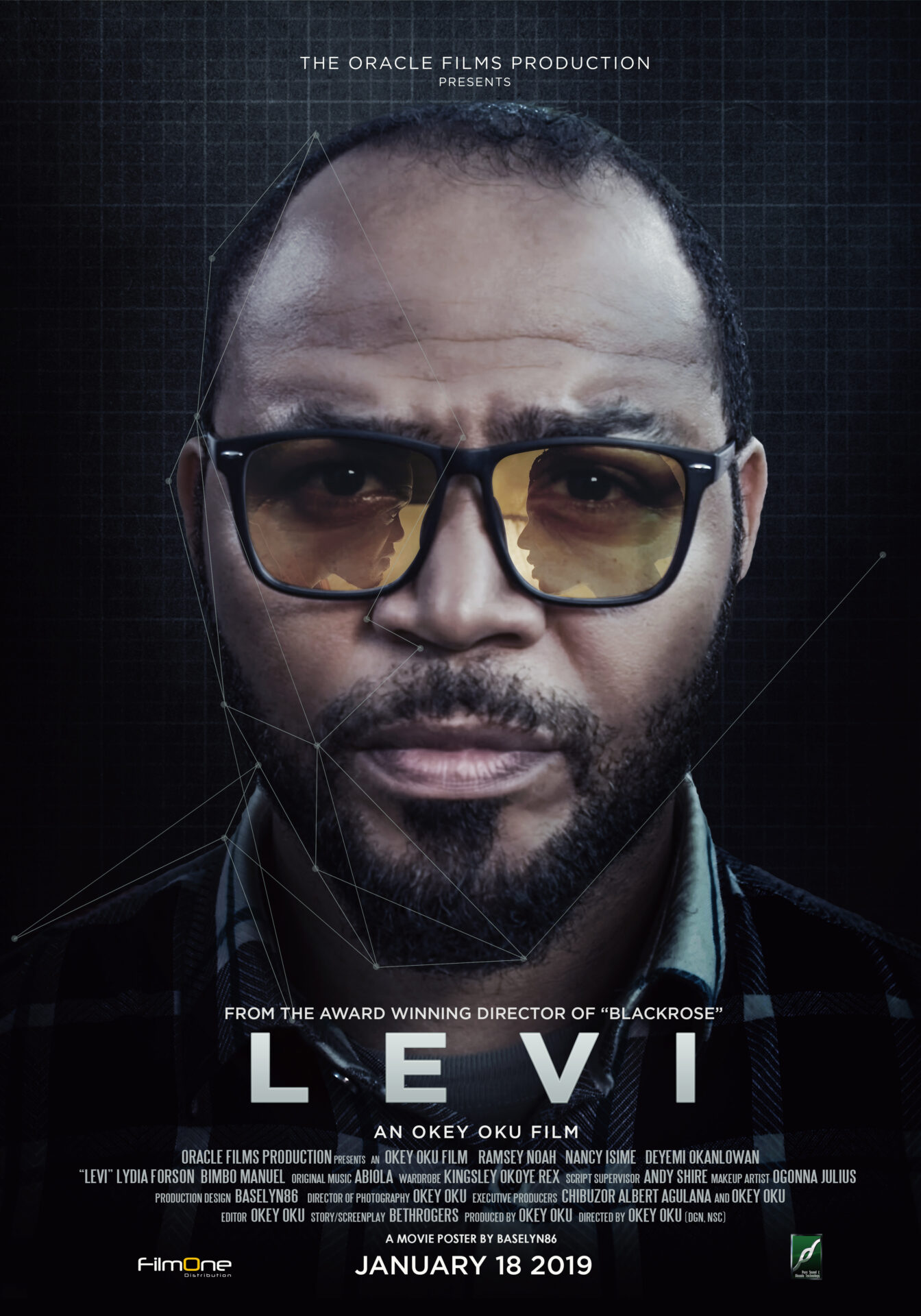
Levi is a powerful Nigerian drama film directed by Okey Oku. It offers a deeply moving and reflective narrative centered on the life of Levi, a man caught in the throes of profound personal struggles that challenge his faith, resilience, and moral character. The film masterfully explores the intricacies of human emotion, relationships, and the unrelenting pressures of societal expectations, weaving a story that is both heart-wrenching and inspirational.
At its core, Levi tells the story of a man whose life is marked by a series of unexpected and life-altering events that force him to confront his past and make difficult choices about his future. Levi’s journey is not just a battle against external circumstances but also an internal war—a quest for self-forgiveness, understanding, and redemption. His challenges range from personal losses to societal judgments, creating a multi-faceted exploration of what it means to persevere in the face of adversity.
The film touches on universal themes of redemption, forgiveness, and the search for meaning in life. Levi’s struggles resonate with audiences on a profound level, as they mirror the trials many face in reconciling their dreams, mistakes, and responsibilities. The movie also delves deeply into the complexities of human relationships, examining how trust, betrayal, love, and support shape an individual’s journey. It paints a vivid picture of how family, friends, and faith can either uplift or hinder someone as they try to rebuild their life.
One of the most striking aspects of Levi is its ability to blend emotional depth with relatable storytelling. The narrative is layered with moments of introspection and tension, keeping the audience engaged and invested in Levi’s journey. The pacing of the film allows the story to unfold organically, giving each character ample room for development and creating a rich tapestry of interconnected lives and experiences.
The cast delivers exceptional performances, bringing authenticity and heart to the story. Deyemi Okanlawon, in the titular role, captures the complexity of Levi’s character with a nuanced and deeply emotional performance. His portrayal brings to life the pain, hope, and determination that define Levi’s journey, making him a relatable and sympathetic protagonist. Supporting performances from Nancy Isime, Ayo Adesanya, and Efa Iwara further enrich the film, each actor adding depth and vibrancy to their roles.
Director Okey Oku’s vision for Levi is evident in every aspect of the film, from its cinematography to its compelling dialogue. The movie is set against a backdrop that reflects the challenges and beauty of contemporary Nigerian life, with each scene meticulously crafted to enhance the emotional weight of the story. The use of lighting, music, and camera work adds a layer of artistry, drawing the audience deeper into Levi’s world and his emotional landscape.
Thematically, Levi is as much about personal redemption as it is about societal reflection. It raises important questions about how individuals are judged by their communities and how the pressure to conform can sometimes overshadow the need for compassion and understanding. The film also examines the role of faith and spirituality, portraying it as both a source of strength and a framework for overcoming life’s greatest challenges.
In conclusion, Levi is more than just a film; it is a thought-provoking and emotionally charged experience. It tells a story of struggle and triumph, reminding viewers of the resilience of the human spirit and the transformative power of forgiveness and redemption. Its strong performances, intricate storytelling, and relatable themes make it a standout piece in contemporary Nigerian cinema, leaving a lasting impression on all who watch it.




